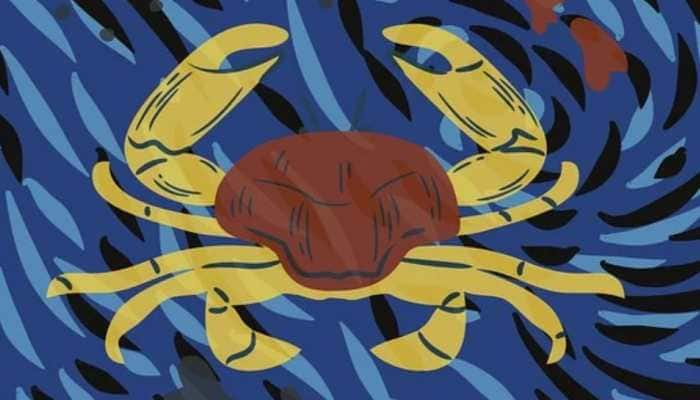Thousands in Japan protest anti-terrorist conspiracy law
At least 2,000 protesters gathered on Thursday in front of the Japanese Parliament after the Upper House passed the controversial anti-terrorist conspiracy law, that they fear will compromise basic freedoms.
Trending Photos
Tokyo: At least 2,000 protesters gathered on Thursday in front of the Japanese Parliament after the Upper House passed the controversial anti-terrorist conspiracy law, that they fear will compromise basic freedoms.
The legislative body, in which the ruling coalition led by Prime Minister Shinzo Abe has a majority, promulgated the law despite the opposition's rejection, after deliberating on Wednesday night.
A demonstration against the law on Wednesday saw a huge turnout of around 5,000 people.
The approval of the law will allow the government to avoid an extension of the current parliamentary session, which will be finalised on Sunday, at a time of intense scrutiny of Abe's government for its alleged involvement in the arbitrary approval of a university project.
The government defends the law as a tool to prevent terrorism, especially ahead of the Tokyo 2020 Olympic Games, and to allow Japan to ratify the UN Convention against Transnational Organised Crime, adopted in 2000.
Critics of the legislation, including legal experts such as the Japan Federation of Bar Associations (JFBA), warned that the legislation's scope will lead to a violation of fundamental rights such as freedom of expression, or excessive oversight of civil groups such as labour unions or NGOs.
Amnesty International is also concerned about the law and the UN Special Rapporteur on Privacy, Joseph Cannataci, had warned in a letter to Abe in May that this could affect the right to privacy as well as other freedoms. These concerns were publicly rejected by the Abe government.
Advertisement
Live Tv
Advertisement







)
)
)
)
)
)
)
)
)
)
